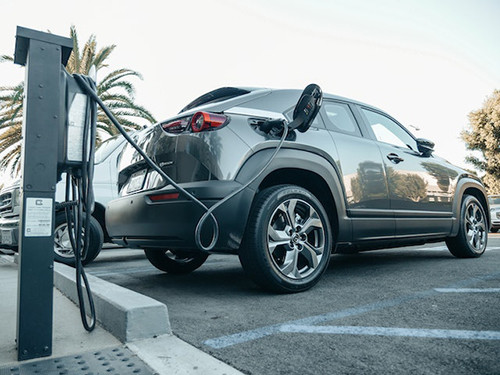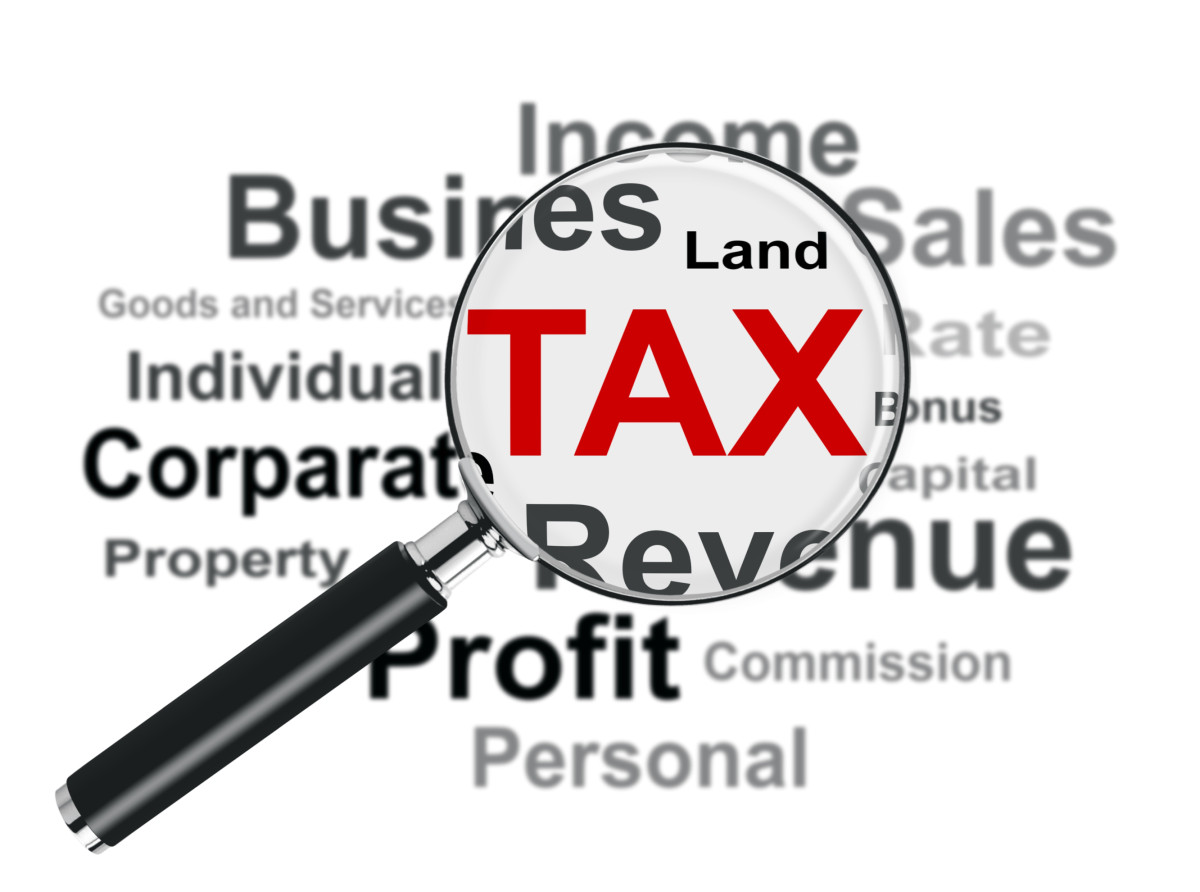Tax Credit Rules When Buying an Electric Vehicle
Boca Raton, United States - June 5, 2023 / Jeffrey D. Ressler, CPA & Associates /
There are laws that allow for tax credits on your income tax when you buy or if you have bought a new or used electric vehicle (EV). Since the credits lower your tax liability, there is a strong incentive to purchase an EV, whether it is a plugin-in electric or a fuel cell vehicle. Here are some of the requirements for claiming the Federal Tax Credit.
What is an EV tax credit?
Consumers who purchase qualifying electric or plug-in hybrid vehicles that meet eligibility standards are eligible for the nonrefundable tax credits, often known as EV credits. Nonrefundable signifies that you won't get a refund of any kind. The credit will be applied to your income tax so that it lowers the amount of tax you will owe. If the entire credit cannot be applied or there is some leftover, it cannot be received as a refund, nor can it be applied to taxes the following year.
Used electric vehicles were not eligible in the past, but with the passing of The Inflation Reduction Act, the credit can now be applied to 30% of the price of a used EV, with a limit of $4,000. New electric vehicles have a credit limit of $7,500.
Qualifications for the tax credits

To be eligible for the new Clean Vehicle Tax Credit, your income must fall below certain thresholds, and the vehicle you wish to purchase must also meet a variety of IRS restrictions, such as price caps and production standards. All of the changes to the tax credit have been in effect since January 2023, with the exception of the critical minerals and battery requirements, which stayed in place.
Electric vehicles purchased from 2023 through 2032, either by a business or an individual, are eligible if these qualifications are met:
- The car is not meant to be sold again; it is only for personal use.
- It will be primarily utilized in the US.
- Income level requirements are met
New vehicle requirements effective April 18, 2023
Not when it was ordered or bought, but when you actually receive the car is what determines your eligibility for the federal tax credit. In addition to the foregoing restrictions, eligible vehicles must be purchased on or after April 18, 2023, and they must also adhere to pricing caps, and meet these requirements:
- The battery must have a minimum capacity of 7-kilowatt hours.
- The vehicle must have a vehicle weight rating of not more than 13,999 pounds
- EVs must be produced by a qualified manufacturer. FCVs are not held to this rule.
- Assembly requirement that vehicle parts must be assembled in continental North America
- Critical minerals and battery component requirements must be adhered to
- The vehicle is new when it is bought
- At the time of purchase, information is given to the IRS and the purchaser. You won't be qualified for the credit if you don't give the IRS your name and tax ID (SS number or EIN).
- There is a price cap for the MRSP (not necessarily what you will pay). Those caps are:
- SUVs, vans, and pickup trucks cannot be listed over $80,000
- Other vehicles cannot be over $55,000
Qualifications for used electric vehicles
Used cars were not eligible for the last iteration of the EV tax credit, which was in force until April 18, and this caused a lot of controversy. Used cars are eligible for the modified credit program starting on April 18, 2023, although there is a cap of $4,000 or 30% of the transaction price.
Used electric vehicle rules:
- They must be a fuel cell electric vehicle or a plug-in electric vehicle, with the battery having a minimum kilowatt hour capacity of 7 kW hours.
- The credit only applies to the first time a vehicle transfers to another owner
- The sale price must be $25,000 or under
- The model of the vehicle has to have been manufactured for at least 2 years
- Weight must be not more than 13,999 pounds
- The owner can only claim a credit one time every three years
How to determine whether a specific EV is qualified
Potential customers who wish to know whether a specific EV qualifies for a Federal credit will need to conduct research. On fueleconomy.gov, automakers have compiled a list of vehicles that they believe may be eligible. By 2024, customers will no longer need to wait until they file their taxes in order to claim the credit; instead, they will be able to do so directly through eligible auto dealers.
How to submit a tax credit claim

For the time being, owners of electric vehicles must submit form 8936 with their Federal income tax return, along with the vehicle's VIN. The Qualified Plug-In Electric Drive Motor Vehicle Credit form for the Clean Vehicle Credit is available on the IRS.gov website.
When submitting a tax return in 2023, buyers who bought an EV in 2022 should utilize IRS form 8936. For EVs that were bought in 2023, the form should be submitted with a tax return in 2024.
Tax accountants should be familiar with all the rules for claiming a tax credit for the purchase of an electric vehicle. For filers who use tax software, there should be prompts directing how to put in the information for a tax credit claim.

Contact Information:
Jeffrey D. Ressler, CPA & Associates
7015 Beracasa Way, Suite 208 7015 Beracasa Way, Suite 208
Boca Raton, FL 33433
United States
Jeffrey Ressler
(561) 237-5264
https://jrcpa.net/
Original Source: https://jrcpa.net/guidelines-for-electric-vehicle-tax-credits/




